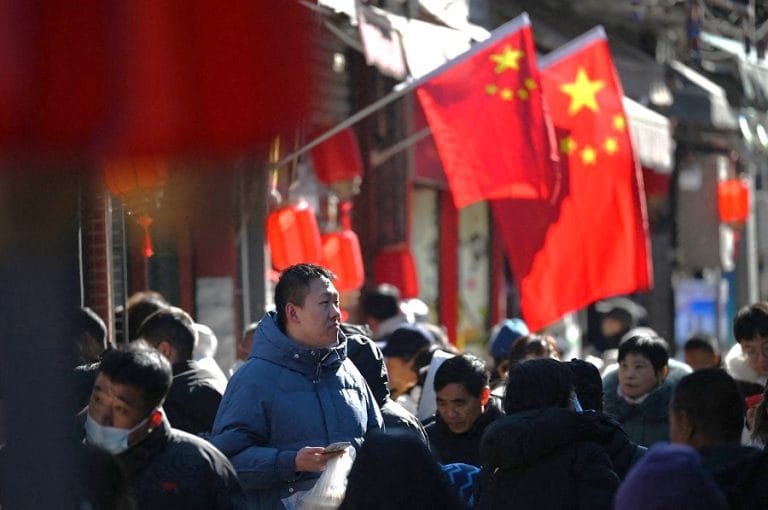🎧 Listen to This Article
From September 1, 2025, China will tighten the rules on VAT rebate eligibility, a move that could leave many companies with smaller refunds and potentially thinner cash flow.
The State Tax Administration (STA) and the Ministry of Finance (MOF) announced the changes on August 22, aiming to preserve fiscal revenue at a time when tax receipts are under pressure.
Who still gets full refunds?
Only four industries will continue to enjoy a 100% rebate on their end-of-period VAT credits:
- Manufacturing
- Scientific research and technical services
- Software and IT services
- Ecological protection and environmental management
For these sectors, the VAT rebate policy remains business as usual.
Who gets less and how much?
For everyone else, things get more complicated:
- Real estate developers may qualify for a 60% refund, but only if their VAT credits rise for six consecutive months and exceed RMB 500,000 in the sixth month.
- All other industries can apply for a partial refund if credits rise steadily over six months, but the amount depends on the size of the increase:
- Up to RMB 100 million → 60% refund
- Above RMB 100 million → only 30% refund on the excess
In short, the rules cut the amount of cash many companies can reclaim compared with the previous system.
Why the change?
The government is trying to strike a balance between supporting businesses and stabilizing its own finances.
Tax revenue in the first half of 2025 slipped 1.2% year-on-year, with corporate income tax, import VAT, and tariffs all down. VAT alone made up 38% of total revenue in 2024, so tightening rebates is a direct way to slow the outflow of refunds and shore up government income.
“Beijing is effectively turning off part of the cash tap it opened during COVID-19,” says one tax consultant in Shanghai. “The broad rebate policy was a lifeline then, but today the government is prioritizing fiscal stability.”
What businesses should do
Companies that relied on VAT refunds to smooth their cash flow will need to adapt. Options include:
- Rescheduling investments to better manage VAT balances.
- Reviewing supply chains to optimize VAT inputs and outputs.
- Exploring alternative financing if rebate-driven liquidity shrinks.
Advisors recommend reviewing eligibility now, running calculations under the new rules, and identifying gaps early.
Bottom line
For manufacturing, IT, and research firms, VAT rebates remain intact. But for real estate and most other industries, refunds will be smaller and harder to qualify for. Companies should act quickly to model the cash flow impact and explore backup strategies before the changes kick in.
For any questions, clarifications, feedback, or contributions regarding this article, please contact us at editorial@tax.news. We welcome your input and are dedicated to delivering accurate, timely, and insightful tax news. All inquiries will be handled confidentially in accordance with our privacy policy.



